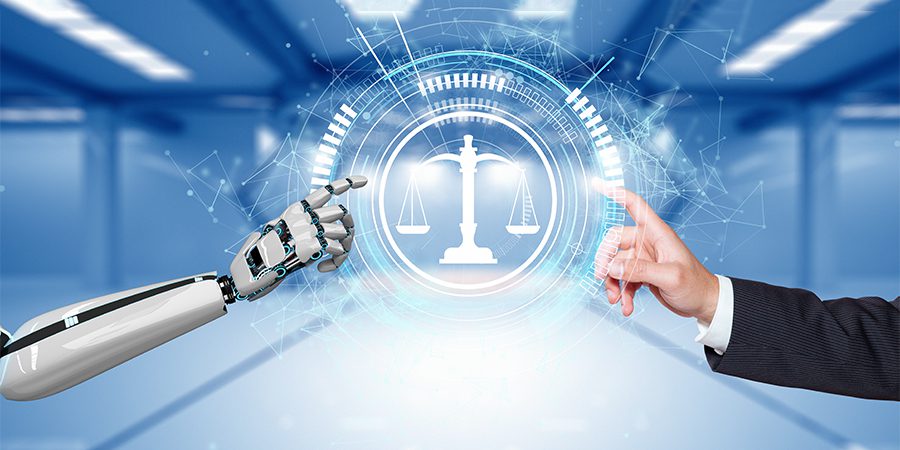Subscribe
"Unlock exclusive insights and elevate your financial wisdom with NetWorth.com — subscribe now to stay ahead in the wealth game!"

In this article, we delve into the reasons behind the recent guidance from the U.S. Copyright Office regarding the copyright eligibility of AI-generated content.
This guidance follows an increase in the use of advanced generative AI technologies such as GPT-4 and Midjourney for creative purposes.
Key Takeaways:
The US Copyright Office has recently released guidelines on the copyright eligibility of AI-generated content, following a surge in creative use of generative AI technologies such as GPT-4 and Midjourney.
This comes after the Office rejected an author’s attempt to copyright AI-generated images for a comic book, reinforcing the legal principle that authors must be human to register works.
As AI continues to evolve, the Copyright Office seeks to address the broader copyright challenges these technologies present.
According to the guidance, AI-generated works created solely from prompts, without human intervention or modification, are not eligible for copyright as they lack human authorship.
The Office explains that generative AI technologies determine and execute the “traditional elements of authorship” without human users exercising ultimate creative control over how these systems interpret prompts and generate material.
The guidance does, however, leave room for copyrighting AI-assisted works under certain conditions.
For example, if an author arranges AI-generated content in a specific sequence or modifies it in a way that meets the standard for copyright protection, they may be eligible for copyright.
The Copyright Office will determine each case’s eligibility based on the AI tool’s operation and its use in creating the final work.
The guidance emphasizes that authors must disclose any AI-generated content within their submitted works for registration.
Authors should differentiate between human-created and AI-generated content, and if uncertain, provide a general statement that the work contains AI-generated content.
Failure to accurately disclose AI’s role in copyrighted works could result in losing the benefits of registration, leaving the work vulnerable to copying and infringement claims.
Critics, such as Alex J. Champandard of Creative.ai, argue that the current guidance places authors in a difficult position: disclosing AI use might expose them to infringement, while not disclosing it would be safer but in violation of the US Copyright Office’s guidelines.
The Copyright Office acknowledges the need for further clarification on AI-assisted content eligibility for registration.
They have planned a series of listening sessions in April and May to collect public input on this issue.
The Office has also created a dedicated webpage to keep the public informed about AI news and events, making it easy to access updated guidance as rules evolve.